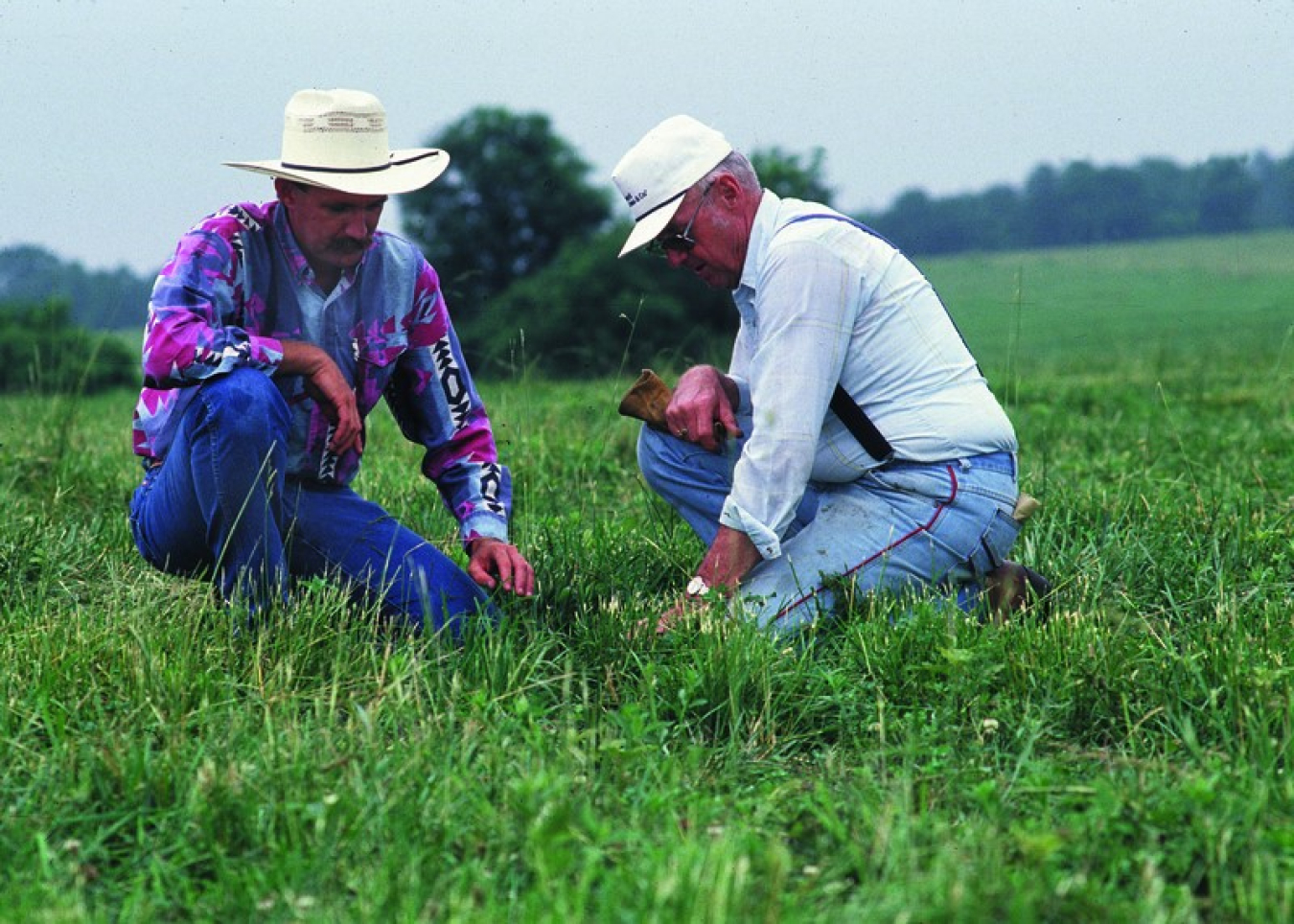
Photo courtesy of Natural Resources Conservation Service, U.S. Department of Agriculture.
The job of farmer is a mid-level position in bioenergy, in the agriculture, life, and physical sciences career sub-sector. Job seekers with agriculture, life, and physical sciences backgrounds or a career in the sciences could consider this type of mid-level bioenergy job.
Farmers assist in the day-to-day workings on a farm, including planting and harvesting crops, maintaining nutrients needed for healthy plant growth, and monitoring storage facilities for biomass. People in these positions may have careers in bioenergy farming.
Farmer
| Alternate Title(s) | Agricultural Manager; Grower; Algae Cultivation Specialist |
| Education & Training Level Description | High school diploma required. Bachelor’s degree or some post-secondary education is recommended. |
| Experience | 3–7 years |
| Job Skills |
|
| Job Profile | The first step in the bioenergy life cycle is the growing of advanced feedstocks for further processing. Advanced bioenergy feedstocks include agricultural residues, energy crops, forest thinnings and waste, algae, and municipal solid waste. Farmers and bioenergy crop growers lead the way in producing large amounts of advanced feedstocks for commercial-scale production of biofuels and products. Bioenergy agricultural operations are directly involved in the planting, cultivating, and harvesting of feedstocks. Farmers can either grow bioenergy feedstocks as their primary crop, or may grow them as an alternative crop in rotation or on unused land (e.g., buffer strips). Farmers use their knowledge of the land, soil, and water to determine when, where, and how much of a crop should be planted each season. They must also manage the transportation and storage of harvested biomass for further processing, as well as supervise the day-to-day operation of the farm. At the middle level, farmers assist in the day-to-day workings on the farm, including the planting and harvesting of crops, maintenance of nutrients needed for healthy plant growth, and monitoring of storage facilities for biomass. A high school diploma is generally required. A bachelor’s degree or some post-secondary education is recommended. Equivalent experience or training may substitute for the degree. |
More Mid-Level Agriculture, Life, and Physical Sciences Jobs in Bioenergy
Related Bioenergy Career Resources
Bioenergy Career Exploration Wheel

